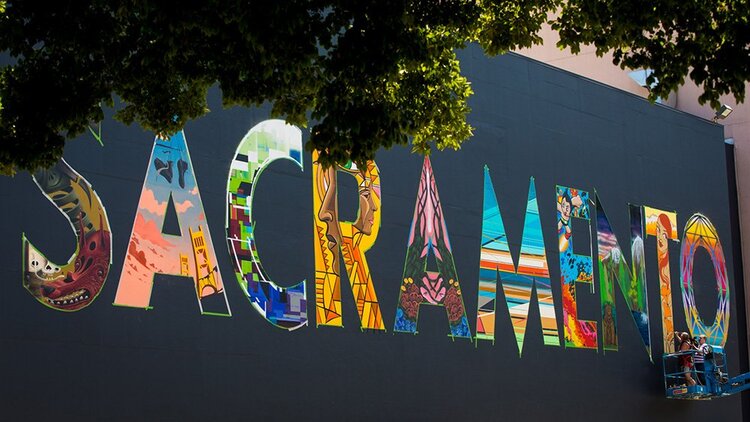Editor’s note: Sacramento can’t afford to blow the $89.6 million windfall from the feds
It’s a godsend that the city of Sacramento received $89.6 million from Uncle Sam to deal with the COVID-19 pandemic.
While there’s $375 billion for local governments in the $3 trillion relief bill passed by the U.S. House, the measure is blocked so far in the Senate.
So since the city can’t count on another big federal check, it can’t waste the windfall in hand. City officials must sort through competing needs—and make sure they listen to the community—to figure out how best to spend this money to help residents and businesses through the coronavirus crisis as Sacramento slowly reopens.
During a May 12 City Council workshop, there was general agreement that the money should go to small businesses, workforce training, youth enrichment, family services and homeless services—all worthy causes. There’s also consensus that the spending be decided through an inclusive process, and that the money be equitably distributed throughout the community.
That was the backdrop when the council met Tuesday to make some spending decisions.
The city plans to use about $5 million of the $89.6 million to cover pandemic-related spending already paid out of the general fund, including $1.1 million in aid to small businesses, $250,000 for emergency supplies to help the homeless and $250,000 for meal deliveries from local restaurants to older and high-risk seniors.
In addition, the city staff had suggested that $8 million be set aside for immediate priorities, including $5 million for grants and loans for small businesses; $1 million for an enrichment program for students most affected by school closings; $1 million to extend homeless programs at Saint John’s Program for Real Change and City of Refuge Sacramento; $250,000 each for domestic violence intervention, family mental health and food insecurity programs; and $150,000 each to provide free financial counseling and also free mediation between landlords and tenants during the moratorium on evictions.
Tuesday evening, the council voted 9-0 to set aside $10 million for small businesses, $2 million for homeless and housing and $2 million for domestic violence prevention.
The council also agreed to allocate $2 million toward a focus on children and youth that was put forward by Councilman Jay Schenirer and backed by Mayor Darrell Steinberg.
The plan calls for a learning and enrichment program, in partnership with local school districts and focused on K-12 students most impacted when schools closed in March. The program would go from mid-July to mid-August and would include between 5,000 and 10,000 of the nearly 90,000 Sacramento students in six different school districts, the mayor’s office said.
“The loss of learning this year threatens to leave the most vulnerable students farther behind for years to come,” the mayor said in a statement. “The good news is that we have the ability, using some of the stimulus money from the federal government, to intervene and get students more prepared for when regular instruction resumes.”
There’s also a proposal to spend $250,000 on coronavirus-related summer jobs for as many as 400 youths. Schenirer also wants money set aside for academic and recreation programs during the fall and winter.
“While we are stewards of these public dollars, we also have a moral imperative to move as quickly as possible because our kids shouldn’t have to wait any longer for what they deserve,” he wrote in a memo to the council.
Tuesday, the mayor and council also agreed on a handful of other initiatives: $1 million for the “Farm to Fork Al Fresco Dining” program to help restaurants expand outdoor dining as they reopen; $1 million for a “digital divide” program to partner with Comcast and provide six months of free internet service to 10,000 low-income households, plus 1,000 low-cost computers; $1 million to open an opioid and meth treatment center; $500,000 for COVID-19 outreach and education in underserved communities; and $450,000 to be divided up among council members and the mayor to use for small projects and services in their districts.
That leaves about $60 million still to be determined.
For the rest of the cash, the council has called for a survey of businesses and residents for advice, with results due in mid-June. Time is short because the money must be spent by Dec. 30.
The council also approved a framework suggested by Steinberg that $20 million each go to small businesses, youth programs and workforce training, homeless and housing programs and arts and tourism. The remaining $9 million would go toward food delivery and possibly COVID-19 testing.
By keeping to the categories, Steinberg said the use of the stimulus cash will be “well-rounded.”






Be the first to comment on "Waste not, want not"